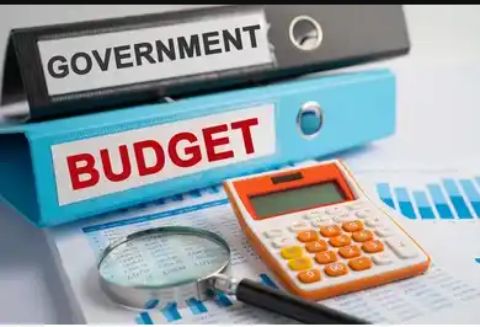One of the best management tools available to businesses for organizing, regulating, and planning their operations and decision-making is budget control.
Any firm, regardless of its size or legal status, needs to have a business budget. One benefit of budget control is that it perfectly fulfills the fundamental corporate administration tasks of planning, controlling, and carrying out. It is widely regarded among well-run businesses and has roots in governmental administration.
Even if we may be able to determine whether budgetary control can effectively integrate all of an organization’s facets, it is still important to accurately describe how the company operates and establish its resource and objective orientations.
Budgetary control’s principal function is to find inconsistencies. However, it won’t provide managers and operational staff the power to control their behavior and dysfunctional procedures in comparison to the budget’s normal operations.
Neither the budget nor the changing expectations of the populace nor the attractiveness of a territory evaluate the agents’ abilities. Budgetary control promotes the implementation of cost-cutting measures rather than investment plans since it is a safer and more immediately measurable course of action.
How the budgeting process operates
The budgeting process is broken down into 5 main steps:
1. The structure’s strategic orientations
2. The draft budget
3. Budgetary trade-offs
4. The final budget
5. Budget monitoring
It is essential to include all the various stakeholders in this process. However, this strategy has several drawbacks. Managers are prone to underestimating their capacity for accruing performance reserves and so going over budget.
The manager may feel powerless to take action because of the budget cycle, which is reflected in his motivation. Following the budget strictly can result in aberrations of the following nature: “The users are not content, but I respect the budget; nothing to see.”
Controlling the Budget: a special management tool?
The only tool for directing the organization should not be budgetary control. There should be other signs in place. It is possible to balance the influence of the financier in the approach to service quality and the satisfaction of internal and external players by implementing off-budget performance measures.
Each month, the directorates-general is required to examine a wide range of external data as well as budgetary deviation indicators. It is only possible to validate a performance approach in a meaningful way when the financial targets and operational results are synthesized.
For many, maintaining a tight budget is still a sign of successful management. Though the budget’s unfavorable impacts are frequently discussed, nobody will ever seriously question it internationally. The current budget control methods include the traditional method and the steering method.
In conclusion, A combination of performance indicators and budget aggregates is used. The operational manager can track the fundamental causes of deviations, take immediate corrective action, and monitor deviations in real time.
In recent times, business intelligence tools have been growing rapidly within their companies as a result of their ability to match this demand and expectation in real-time.











